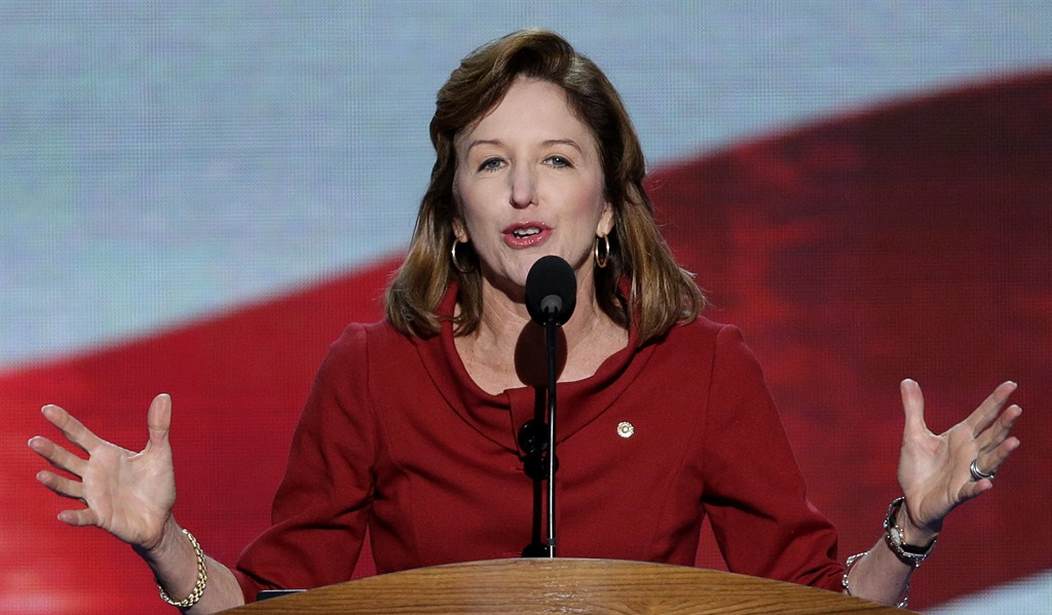Obamacare won't increase national healthcare spending, they promised. Yes it will, nonpartisan analysts have demonstrated. Obamacare won't reduce the workforce, hamper growth, or slow hiring, they assured us. Yes it will, nonpartisan analysts have concluded. Obamacare won't raise premiums for individuals or small businesses, they insisted. Yes it will, experts have determined. The cuts to Medicare to fund Obamacare won't impact seniors, they insisted. Yes they will, nonpartisan analysts have determined (with panicked Democrats apparently changing their tune). There's "no serious evidence" that Obamacare is adversely impacting the job market or reducing workers' hours, they sneered. Yes there is, say business owners, media accounts, fed economists, and new realities like this (via Campus Reform):
Obamacare could cost the University of Carolina (UNC) system as much as $47 million per year starting in 2015 — and the universities may cut hours and jobs to comply, Campus Reform has learned. The Affordable Care Act requires the system to start providing insurance for 8,586 non-permanent employees who work more than 30 hours per week — but UNC is considering just cutting their hours to avoid having to pay for the insurance, Marty Kotis, a member of UNC Board of Governors’ Budget and Finance Committee, writes on his blog, the Greensboro Observer. Kotis told Campus Reform that UNC Chief Operating Officer, Charlie Perusse, said universities will “likely” cut the hours of 75 percent of eligible employees in order to lower the cost of complying with the mandate to between $11-$22 million. Perusse confirmed the accuracy of the numbers in an interview with Campus Reform Monday morning. UNC’s Associate Vice President for Human Resources Brian Usischon said he also wasn’t sure how the universities would handle the costs, but offered job cuts as one example. “Campuses are going to have to make changes to their business model,” Usischon said in an interview with Campus Reform. “That may mean less temporary employees than they would otherwise have."
Option one: Reduce thousands of workers' hours in order to shave millions off of Obamacare's compliance costs. Option two: Reduce the number of employees altogether. Winners all around. Recall that Democrats once positioned their unpopular law as a "jobs bill." Since the above story comes from the Tar Heel State, it seems appropriate to check in on North Carolina's Democratic Senator, who carried the Obamacare banner when her party needed her most:
Recommended
NORTH CAROLINA The way Kay Hagan is handling her job as U.S. senator: Approve 33% / Disapprove 49% / Unsure 18% (Elon U., RV, 2/23-26)
— PollingReport.com (@pollreport) March 3, 2014
Most striking thing about this NC poll: Kay Hagan's numbers are worse than Obama's #NCSEN http://t.co/vyi2DyQI4H
— Aaron Blake (@AaronBlakeWP) March 3, 2014
The same poll shows support for Democrats' controversial healthcare overhaul underwater by 22 percentage points. Luckily for Hagan and other Congressional staffers, a loophole exists that would allow them to sidestep the law they've imposed on everyone else:
This year, members of Congress and thousands of their staffers are finally signing up for health insurance provided by an ObamaCare exchange, fulfilling their commitment to live under the same system that millions of other Americans will use. But unlike those millions of Americans, members and staff have a way to opt out of ObamaCare — retirement. Under a rule issued by the Office of Personnel Management (OPM) late last year, members and staff who retire will be able to revert back to health coverage under the Federal Employees Health Benefits Program (FEHBP). That's the same coverage thousands of other federal workers can use when they retire. The FEHBP lets government retirees choose from a range of options, including health savings accounts, PPOs or HMOs. And none of it has anything to do with ObamaCare.
But why would Democratic members and staffers be seeking to opt out of such a wonderful law -- one that they routinely vote against changing or repealing for average Americans? It's a mystery. In any case, it doesn't appear that Hagan is planning on retiring anytime soon -- voluntarily, that is.

























Join the conversation as a VIP Member